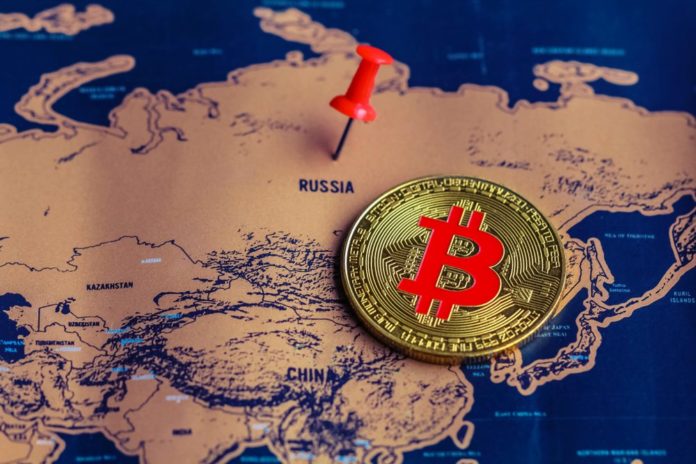[ad_1]
The Russian Duma approved a bill that would enable the country to have a “Great Firewall” or “Iron Curtain” similar to what China has. The result of the law is that, whenever the government wants to, it can censor all incoming and outgoing traffic traveling through state-owned channels.
‘Sovereign’ Internet Just an Excuse for Heavy-Handed Censorship
Privacy advocates have long warned about Russia’s alarming stance on internet regulation. The onerous intended purpose of this “sovereign internet” bill is to keep Russia online in the event of a crisis, but critics allege that it’s meant to give the government greater powers to censor and restrict internet access for Russian citizens.
Ameet Naik, who works for a network marketing service called ThousandEyes, told the Register:
“However, this would also force internet traffic through suboptimal paths, and through performance-limiting filtering gateways. This would most likely degrade the user experience for Russian users browsing sites and apps outside the country and provide an advantage to services hosted within the country, as we’ve seen happen in China.”
Will ‘Digital Iron Curtain’ Stifle Bitcoin Adoption?
Russia’s internet killswitch could stunt crypto adoption, but Moscow can’t stop determined Bitcoin users. | Source: Shutterstock
Russian regulations on cryptocurrency are still forthcoming, and the country has had a complicated relationship with Bitcoin.
According to proposed regulations, the government wants to restrict Russian traders to local crypto exchanges and also only allow “qualified” investors – e.g., those with a degree in economics and a certificate from the government – to trade Bitcoin and other cryptocurrencies.
If the government is empowered with the ability to limit traffic beyond its borders, it would seem the ability to enforce such regulations would be significantly increased.
However, as demonstrated by China’s underground Bitcoin trading network, there’s only so much that government censors can do to stunt crypto adoption.
Thousands of Russians Protest ‘Sovereign Internet’ – Parliament Passes Bill Anyway
Russian citizens aren’t taking the proposed “Digital Iron Curtain” lying down. As many as 15,000 people recently took to the streets to protest the plan. While proponents of the bill argue that the country will benefit from having a “protected” country, many see the move as a power grab. The bill would force internet service providers to install hardware from Roskomnadzor, who are behind the nationwide bans on things like Wikipedia and Telegram.
The bill passed the Duma 320 to 15. There are still some procedural steps left before it becomes law. The Russian government would be left to decide when and if the “protection switch” would be flipped.
For crypto users, this would undoubtedly mean that all of their transactional traffic could become known to the government at any time. With strict regulations planned, the environment for not just internet usage but also Bitcoin adoption could go from unreliable to dangerous.
Notably, Russia-founded Telegram – which earned a ban in its native country for refusing to let law enforcement snoop on its users’ encrypted chats – reportedly launched the testnet of its cryptocurrency, dubbed Telegram Open Network (TON), this week. The company’s founders are among the many prominent Russian voices denouncing the plan to have a “sovereign” internet, and it’s fitting that their crypto project could be one tool that Russians use to fight back.
The new law amounts to a “kill switch” for Russia, something that was once floated as an idea here in the United States. Only a few countries in the world have this kind of control over the internet.
[ad_2]
Source link
